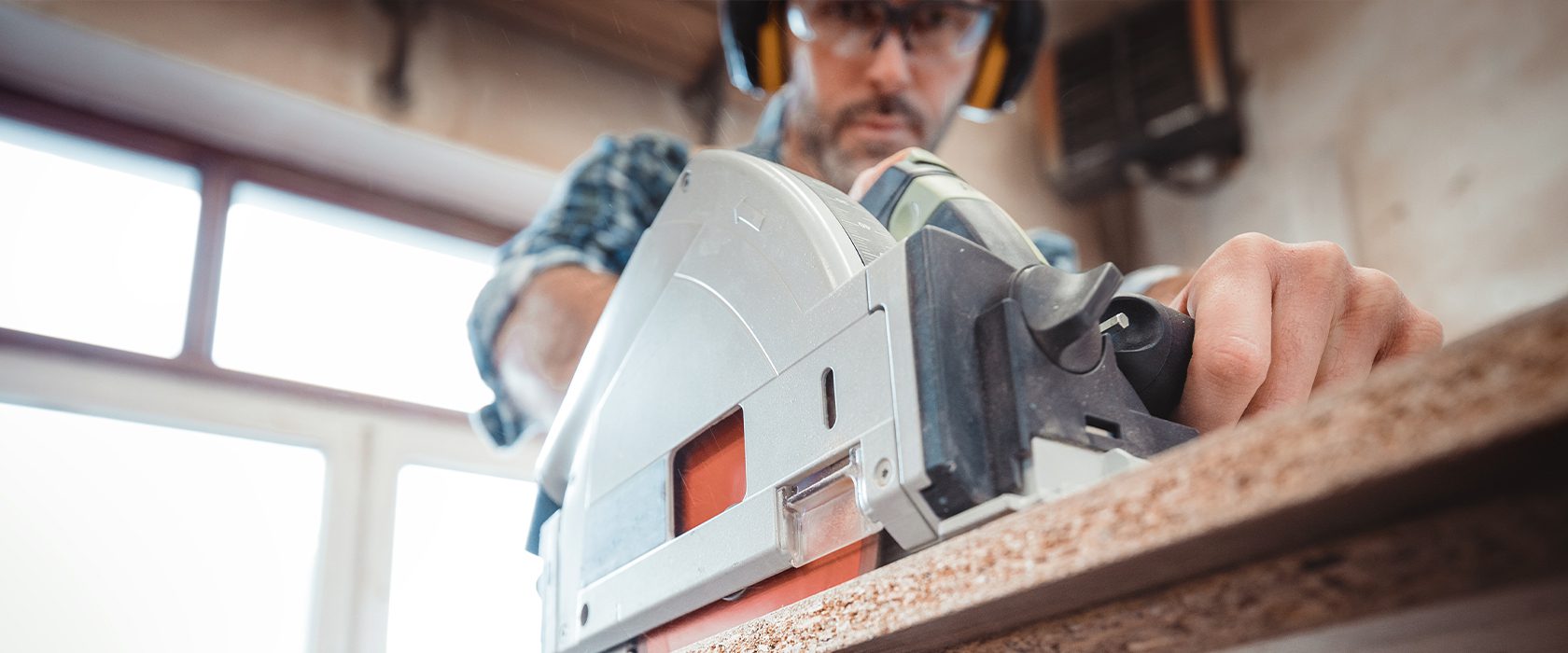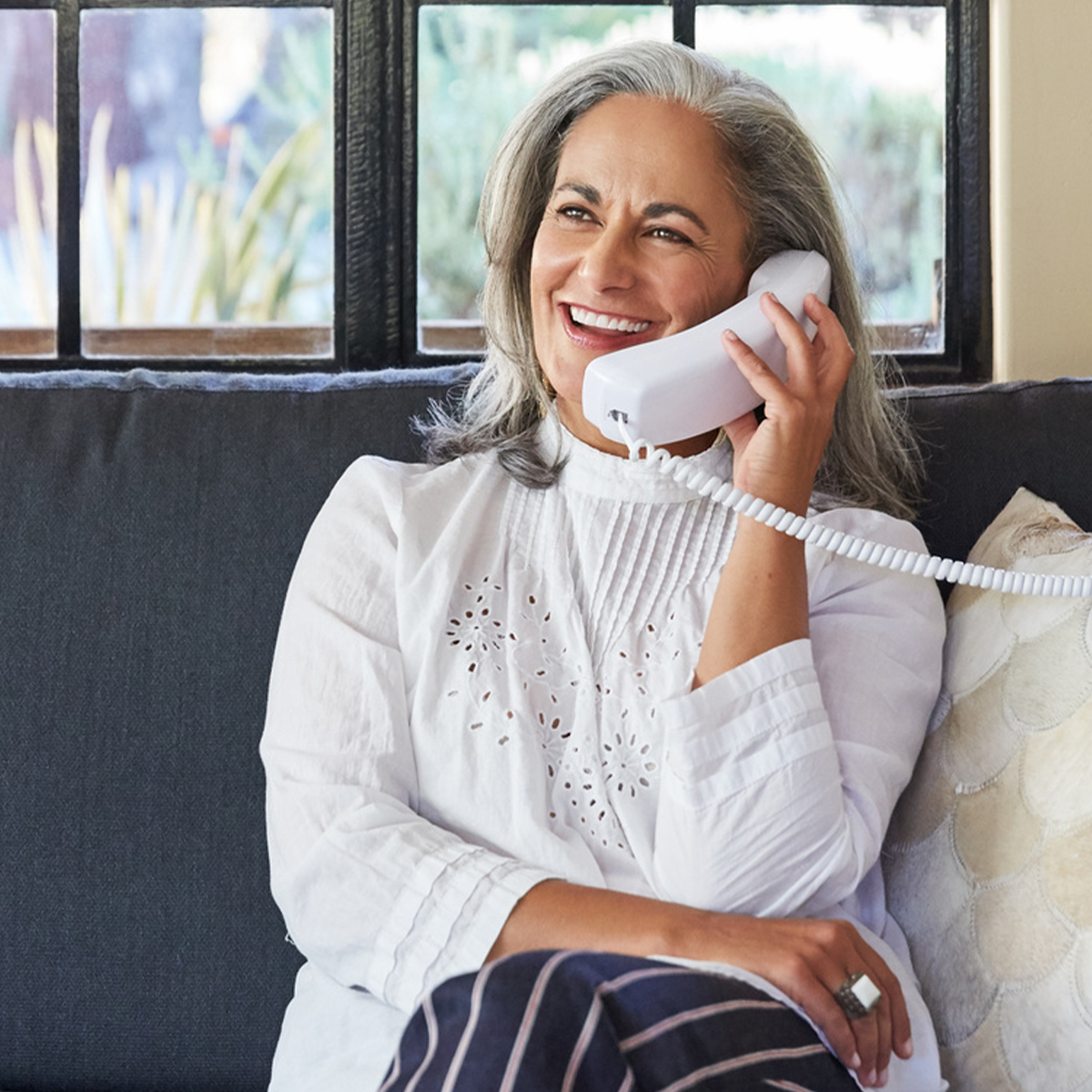What You Do Affects What You Hear

Hearing loss in the services sector
Sam was an assembly line worker, a profession he enjoyed for years. When the factory installed upgraded equipment, Sam immediately noticed a high-pitched whistling sound emitted from the new machinery. At first it was distracting but, in short time, he stopped noticing. He figured he’d grown accustomed to it. During a hearing test, however, he learned that he could no longer hear that particular pitch. “It’s mild hearing loss,” his audiologist informed him, “and, in your case, it’s what is known as ‘sensorineural.’” Defined for Sam, it meant his hearing loss caused at work was the result of noise exposure. Most likely, the doctor continued, he wouldn’t be hearing that sound again.
Have you heard of NIHL?
NIHL is an acronym for noise-induced hearing loss. According to the Centers for Disease Control (CDC), occupation-related hearing loss is the most common form of illness stemming from work-related exposures. Over 22 million workers, the CDC has reported, are affected by potentially damaging noise each year. Most concerning about those statistics is the fact that work-related hearing loss is typically undetectable…until it’s too late.
NIHL is a gradual form of hearing loss; that is, it may start as a result of a detectable noise in your environment (such as in Sam’s case above) but then it becomes less noticeable as damage begins and progresses. Many people with NIHL aren’t even aware of it until they determine to have their hearing checked. It’s only then that they discover they have lost the ability to hear certain sounds.
Are you aware of hearing loss potential where you work?
While noise exposure occurs daily even outside of a work setting, it definitely makes good sense to understand what you’ll be exposed to where you work given the amount of regular hours you’ll spend there. Researchers have long determined that sustained exposure to sounds that exceed 100 dB (decibels)—as little as only 15 minutes—can cause permanent hearing loss. A normal conversation, by the way, usually registers at just 60 dB.
For a bit of reference, here are the top ten occupations that incur the highest exposure to noise-related effects1:
- Flight crew
- Farmer
- Physical Education teacher
- Ambulance driver
- Manufacturer or factory worker
- Dentist
- Rock star or athlete
- Bouncers and bartenders
- Construction worker
- Motorcycle rider or courier
What about our veterans?
Certainly, we salute the contributions and sacrifices made by our valued veterans. One often overlooked sacrifice they’ve made for us is their hearing. As you might expect, hearing loss is the top service-related medical for military veterans. According to the Department for Veterans Affairs (VA), nearly three million veterans receive disability benefits related to their hearing loss.2
The CDC also weighs in to report that our U.S. veterans are 30-percent more likely to suffer from hearing damage and loss than are non-veterans. As expected, their hearing loss is typically caused by exposure to gunfire, aircraft, tanks, heavy equipment and explosives. These veterans usually endure hearing damage earlier in their lives than do non-veterans, then age-related hearing loss exacerbates the long-term effects.
What can you do?
Awareness is a necessary first step. If you’re in an occupation where you’re exposed to moderately loud noises (anything above 85 dB), either persistently or intermittently throughout your workday, inquire with your employer about safety measures. Thanks to the provisions of the Occupational Safety and Health Administration (OSHA), employers are required to maintain a safe work environment for all employees and are required to provide protective equipment and other measures to prevent adverse effects. If you’re concerned to exposure to noises in your environment, ask your employer about it. This will be your best preventive action to avoid hearing damage.
But what if you already have hearing damage or, worse yet, don’t know whether you do or not? Clearly, it’s time to make an appointment to have your hearing checked. A qualified audiologist can quickly assess your hearing health and can make recommendations on what you can do to combat damage. It’s an important checkup but one that many of us simply disregard.
For the health of your hearing, please consider having your hearing checked this month.
1Manatee Hearing & Speech Center, January 2016




